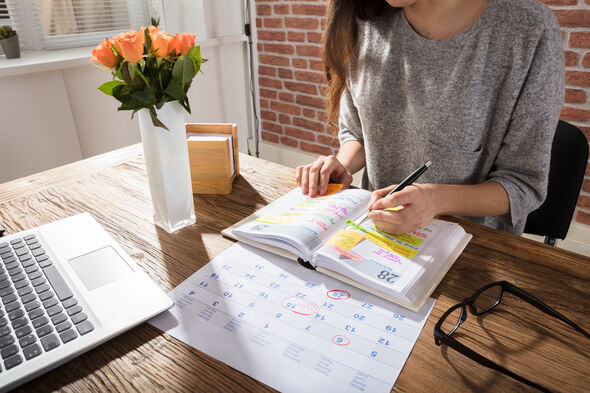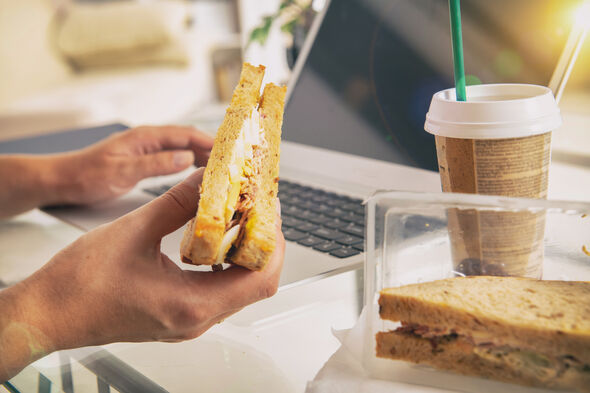New in the Netherlands: etiquette
Coming from another country to study in the Netherlands, you'll be confronted with so much that's new to you. Not only your degree program but also a totally different culture with its own language and customs. With this series of articles about things that are typically Dutch, we'd like to help you settle into life in the Netherlands. This time we’ll tell you all about Dutch etiquette rules.
Greeting each other
The most neutral and common greeting is the handshake, for example upon meeting someone for the first time. People you know well or haven’t seen for a while you can give three pecks on the cheek: start with the right cheek, then left, then right again. Prefer not to kiss? Make your intentions clear by being the first to extend your hand. Ever since the COVID pandemic, ‘COVID-proof’ greetings have significantly increased in popularity. For some people, a simple nod of the head or an elbow or fist bump have become the standard. Conversely, if you’re someone who loves giving hugs, keep in mind that in the Netherlands this form of greeting is reserved for family members, partners and inner-circle friends.
Paying the bill
Paying the bill in a bar or restaurant may get a tiny bit awkward. The Dutch like splitting – hence the expression ‘going Dutch’ – so when the bill comes to the table, courtesy demands that at the very least you offer to pay for your share. If the other party pays for the entire bill without making it clear that it was their treat, don’t thank them too profusely just yet. Chances are you’ll be receiving a Tikkie later on, i.e. a payment request sent to you via the app of the same name. This is a common way of splitting the bill after leaving the establishment.
Directness
The Dutch are known for being extremely direct. Yes means yes and no means no. If they disagree with you or have feedback to offer, they won’t beat around the bush. To some this may come across as rude, even to the point where they feel shocked or offended. Keep in mind, however, that the other party most likely didn’t intend for that to happen. In other words, never take it personally. The Dutch are very fond of honesty and like to speak their minds. This may take some getting used to, but once you have there are certain advantages: you’ll never be left in the dark about how the other person feels and you won’t have to pussyfoot around their feelings either, as in the Netherlands honesty really is considered the best policy.
Being on a first-name basis
Compared to some other cultures, the Dutch are fairly informal and there’s no strict hierarchy based on gender, age, or position that requires special forms of interaction. Addressing someone by their academic rank or last name, for instance, is very formal and rather uncommon. Most people are okay with being on a first-name basis early on, even if they’re older or in a higher position. As a student, you can always address teachers whom you don’t know that well as ‘Miss’ or ‘Mister’. When in doubt, you can also simply ask someone how they would like to be addressed.
Making plans
The Dutch like to plan way ahead and only have limited space for spontaneous invitations, so keep this in mind. Most of them will actually have to check their schedules to see when they have time. If you want to invite someone to your party, best do so as early as possible, because lots of people book up their weekends several weeks or even months in advance. Once you’ve made plans with someone, they’re set in stone. Cancelling at short notice without good reason is not appreciated. The same goes for being late, as most Dutch people think ‘fashionably late’ is actually anything but fashionable.
Birthday celebrations
If it’s your birthday, you generally treat your family, friends and coworkers to cake or something else yummy. You can wish someone else a happy birthday by shaking their hand or giving them three kisses (although the latter is pretty uncommon among men). As a special detail, you don’t only wish the person concerned a happy birthday, but you also congratulate their partner and direct family. So if someone tells you it’s their wife’s or mother’s birthday, feel free to congratulate them. If the person celebrating their birthday invites you to their home, you may get to experience the traditional Dutch ‘circle birthday’, where all guests sit around in a circle in the living room or yard. Bring a present and don’t forget to congratulate the partner and next of kin. And don’t expect a feast, as often all that’s served is cake and possibly some finger food.
Having lunch
While in many countries it’s common to have a hot lunch, most Dutch people prefer to eat homemade sandwiches at midday. They’ll only sit down for a hot meal in the evening, usually around 6 PM. If you see someone eating, it’s polite to say ‘Eet smakelijk!’ (Enjoy your meal!), especially upon entering a room where a group of people is eating. Above all, clean your mouth quickly and remember to say thank you when someone says 'eet smakelijk' to you (a bit awkward but remember it is always meant well).
Paying someone a visit
It’s best not to call on a Dutch person without having been invited. If you decide to ignore this advice, be sure to avoid the period around 6 PM, as most people will be having their one hot meal of the day at that time and won’t want to be disturbed. If you’re invited in, you can generally keep your shoes on, so don’t take them off without asking or having been instructed to do so. Don’t assume you can stay for dinner, unless this was explicitly mentioned when you received the invitation. In this case, it’s polite to bring your host something small, like a box of chocolates, some flowers or a bottle of wine. As a guest you won’t need to help clear the table or do the dishes, but you can always offer. And if you yourself are receiving guests, the minimum you are expected to offer them is a cup of coffee or tea.






Discussion